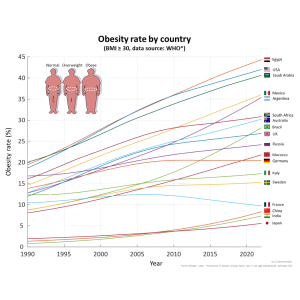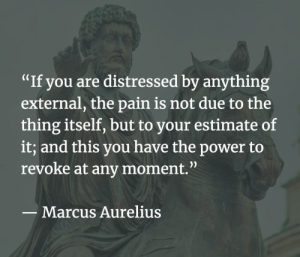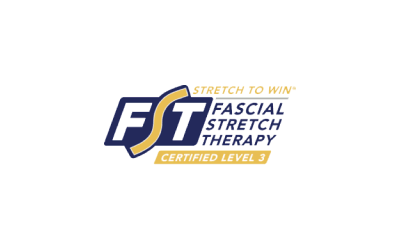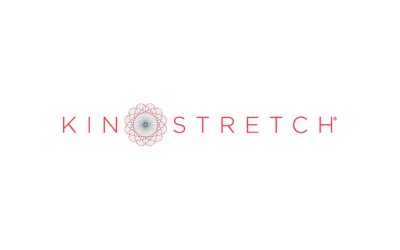Have We Built a Society that is too Comfortable?
Adaptive training isn't just about moving or working out. It's about getting comfortable with being uncomfortable and its got us thinking: Have we built a society that's too comfortable?
Everywhere we look, our lives are designed for ease
Lately, Barry and I have been diving headfirst into the theory of adaptive training. It’s not just about moving or working out; it’s about getting comfortable with being uncomfortable.
Its’ got us thinking: have we built a society that’s too comfortable? Everywhere we look, our lives are designed for ease. Gadgets, apps, delivery services, smart homes are all meant to make life simpler and while these tools should help us live healthier, our mental and physical health tells a drastically different story.
Stress, anxiety, depression and chronic illnesses are climbing, not decreasing.

Globally, obesity has more than doubled in the past 20 years. Adult obesity has risen from around 8.8% to 18.5% in women, and from 4.8% to 14% in men and Diabetes tells a similar story, with the number of people living with type 2 diabetes soaring from 200 million in 1990 to over 830 million (!) today. Urban lifestyles, inactivity, and poor nutrition are driving this surge, despite all our technology and convenience.
Mental health is also following the same upward trajectory. The number of people living with depression worldwide has increased by nearly 90% over the past 50 years, now affecting more than 330 million people. Anxiety disorders have also risen sharply, with some estimates suggesting a more than 50% increase in the same period. Once again these rising numbers highlight that despite all our ‘conveniences and technological advancements for making our lives more comfortable, we’re definitely NOT happier, healthier, or more resilient.

How is Marcus Aurelius still relevant today?
There’s a lesson here that Stoic philosophers have been telling us for centuries: life is inherently unpredictable. Comfort isn’t the point; resilience is.
Marcus Aurelius wrote about embracing challenges and putting yourself in situations that strengthen your character, rather than seeking only pleasure or ease. It turns out that adaptive training is the modern-day version of this philosophy. By intentionally putting stressors on our bodies: cold, fatigue, uneven terrain, resistance…we’re also strengthening our minds.
This naturally leads us to dopamine, the neurotransmitter that drives motivation, pleasure, and reward, and plays a key role in both our mental and physical health. Rising rates of depression and anxiety are tightly linked to disruptions in dopamine signalling.
As we age, dopamine production naturally declines at a rate of roughly 10% per decade from early adulthood, leaving many of us feeling flat, unmotivated, or disconnected from the things that once brought us joy. At the same time, younger brains are grappling with the opposite problem: constant digital stimulation floods the system with dopamine, creating a cycle of instant gratification that dulls the reward system, leaving everyday challenges and achievements feeling underwhelming.
Intentionally Building a Bridge
Adaptive training bridges this gap for all ages.
By intentionally stepping outside our comfort zones, whether that’s exercising in the rain, pushing through a challenging workout, or taking on a personal goal we’ve been avoiding we stimulate dopamine in a healthy way.
For older adults, this helps counteract natural declines, keeping motivation and mood higher.
For younger people, it recalibrates the brain’s reward system, reminding them that real-world achievements are deeply satisfying.
And this isn’t just about exercise: adaptive training translates to all areas of life. Every time we challenge ourselves to do something difficult, uncomfortable, or unfamiliar, we’re strengthening our mental resilience and building confidence to tackle future challenges.
The beauty of adaptive training is how it strengthens both body and mind. The heart, lungs, muscles, and joints all grow stronger when challenged, but so does mental resilience. Each time we step outside into the elements or simply push ourselves to achieve something we weren’t sure we could we’re proving to ourselves that we can handle more than we thought. It develops grit, patience, and confidence not just in training, but in life.
Adaptive training aligns perfectly with Stoic philosophy: enduring and embracing challenge builds character, rather than chasing ease or comfort.
It doesn’t have to be extreme or punishing. Small, deliberate choices like taking the stairs instead of the elevator, walking in the rain, choosing a tougher route, starting a project you’ve been avoiding all compound over time. They build resilience, boost dopamine, and improve both mental and physical health.




